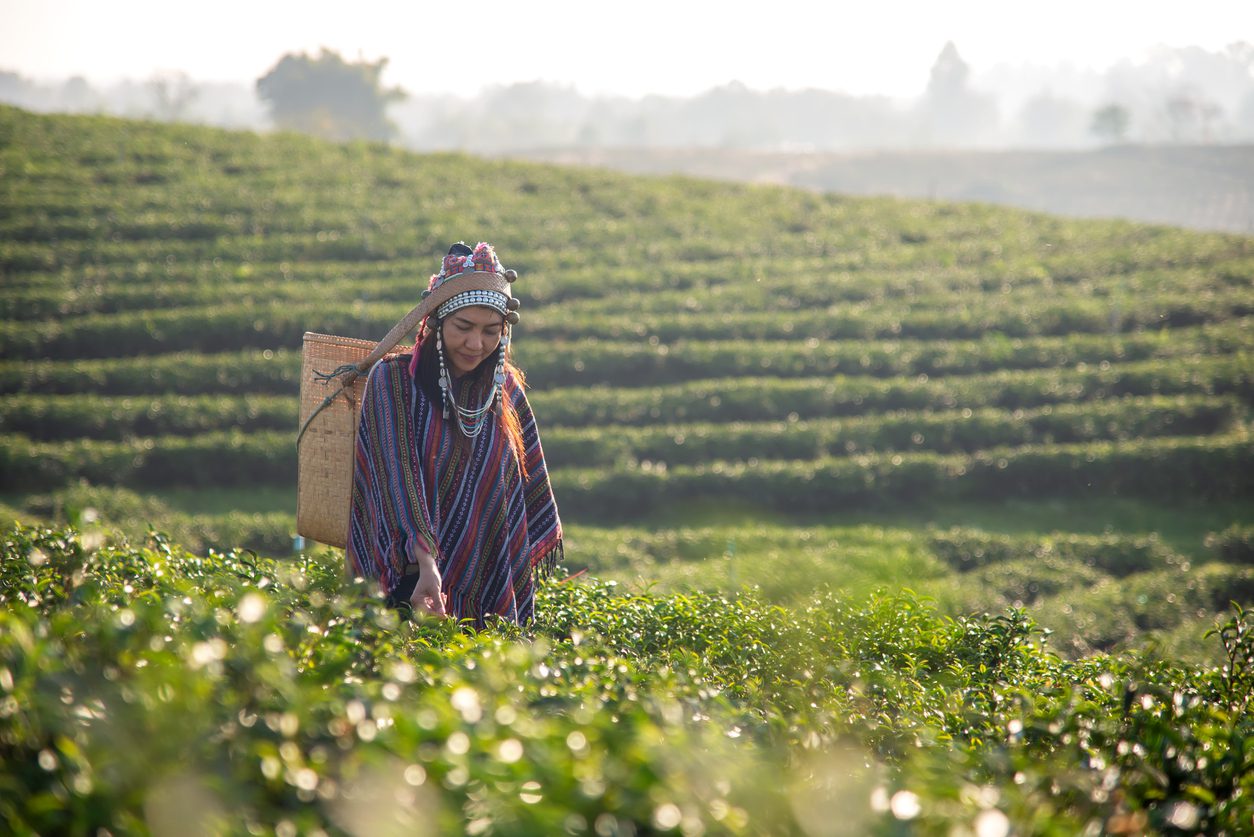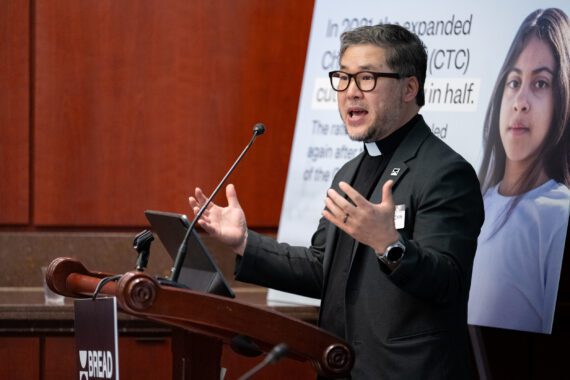Note to the reader: At the drafting of this article, the U.S. Agency for International Development (USAID) was under an Executive Order entitled “Reevaluating and Realigning United States Foreign Aid” issued on January 20, 2025, by President Donald Trump. This EO paused all new U.S. obligations and disbursements of development assistance funds for 90 days until April 20, 2025, pending review. Additionally, six days later, Secretary Rubio issued a stop-work order for all foreign assistance through the State Department and USAID. Although there was a waiver for life-saving humanitarian assistance issued, ongoing on the ground reporting shows that USAID and coordinating NGO staff are unable to release funding for those programs in many cases due to logistical reasons. The impacts of the pausing of obligations and stop work order are that tens of thousands of U.S. diplomats have lost their jobs both in the U.S. and globally. Nearly $500 million worth of global food assistance has likely spoiled or was diverted because of the stop-work order; and thousands of children and their families are projected to lose their lives. The futures of those who survive are also at heightened risk because the Famine Early Warning System Network (FEWS Net) is no longer operational. FEWS Net uses a sophisticated methodology to issue early warnings—up to several months in advance—of likely humanitarian emergencies. It was created in 1985 and it is managed by USAID.
Bread for the World emphasizes that while it is extremely important for the world to end hunger by ensuring that people have access to nutritious meals, providing food is not enough, by itself, to end hunger in a lasting way.
People want to be able to plan for the future while supporting their children, elderly relatives, and others. Beyond food, they need livelihoods. They need dignity from a day’s wage.
In the U.S., we usually call this a job. It could be a job or a small business, entrepreneurial activities, or skills in specialized tasks. It is a way of earning a living and having pride and dignity in a day’s wage whether that is a job in an office, as a smallholder farmer, selling goods in a market, or running a small business. Having a livelihood enables human productivity and access to capital.
Access to capital for the world’s smallholder women farmers fosters financial inclusion and is a key pathway from poverty to prosperity. Affordable financial products and services — like savings, credit, and insurance — are often the difference between living hand-to-mouth on meager returns and running a profitable agribusiness, earning a sustainable living income, and growing savings to better weather unexpected market or climate shocks.
Since its creation through the Foreign Assistance Act under the leadership of President John F. Kennedy in1961, the U.S. Agency for International Development (USAID) has served as the lead U.S. national security agency on international humanitarian and development work. It has done its work in in partnership with local organizations in the public, private, academic, and non-profit sectors in the over 60 countries where it currently operates.
USAID’s current “localization” strategy works to prioritize increasing the amount of foreign assistance funding it channels through local actors. It also facilitates local input into program design, recognizing that this is important for fostering sustainable results. USAID set a target of providing at least 25 percent of its program funds to local partners by the end of FY2025.
USAID bridges its localization efforts across the interagency—including the Development Finance Corporation (DFC), the Millennium Challenge Corporation (MCC), PEPFAR, the Inter-American Foundation, and the Department of State, among others—to ensure that their programming is aligned and that their legislative and budgetary requests reflect a coherent localization vision and implementation plan.
USAID’s Feed the Future initiative is an example of the transformative impact of an interagency whole of government approach, enabling USAID to carry out its mandate alongside 11 U.S. agencies. Feed the Future, the U.S. government’s flagship global food security initiative, was established as the bipartisan response to the devastating 2007 and 2008 food price crisis, when food costs increased dramatically, sending millions of people into hunger. Currently, Feed the Future concentrates its efforts and investments in 24 priority countries across Africa, Asia, Latin America, and the Caribbean in response to the impacts of the COVID-19 pandemic and the Russia-Ukraine crisis, which destabilized food, fuel, and fertilizer access.
Another agency that is part of Feed the Future is the U.S. Development Finance Corporation (DFC), positioning the U.S. for opportunities to utilize agriculture as a development and trade tool.
An estimated 1.4 billion adults remain unbanked according to the World Bank Group because of barriers to capital and lack of physical, data, and financial infrastructure. With women less likely than men to have their name on an account, the work of USAID, DFC, and other U.S. private sector actors remain crucial. As part of U.S. agencies working to advance Feed the Future, the DFC is empowering women worldwide by strengthening local communities and economies through its2X Women’s Initiative, which is committed to addressing the unique challenges women face globally and unlocking the multi-trillion dollar opportunity they represent. Through 2X, DFC has catalyzed billions of investments for small businesses and in projects that are owned by women, led by women, or provide a product or service that empowers women. DFC also applies a gender lens to every project it considers, to help ensure that women will benefit.
Some of the key initiatives the DFC has carried out in the agricultural sector alone include financing that has supported Pakistani women farmers suffering from climate related crop loss, to its more global wide reach through its loan guarantee facility in partnership with the U.S. based company Root Capital.
Root Capital offers farmers around the world a path to prosperity by investing in agricultural businesses that serve as engines of impact in their communities. Root Capital provides these businesses with the capital, training, and access to markets farmers need to grow, thrive, and create opportunities for thousands of farmers at a time. Root Capital has provided more than $2 billion in loans to 843 agricultural businesses in Africa, Asia, and Latin America. Together, these businesses have bought and marketed crops for 2.3 million smallholder farmers.
Through its partnership with the DFC, in advancing USAID’s agricultural development work, Root Capital was able to sustain livelihoods for more than one million farmers — more than half of whom were women — in 21 countries in Africa and Latin America. This work, in coordination with the DFC and a U.S. company empowering local women, provides critical bridges that USAID’s localization efforts help build, fostering enabling trade environments for U.S. and local small businesses.
The importance of USAID’s localization strategy and how it can help unleash appropriate financing for women smallholders cannot be overstated. It is a lifeline that the U.S. government should be proud to continue to fund and support.
Abiola Afolayan is director, Policy and Research Institute, with Bread for the World.



